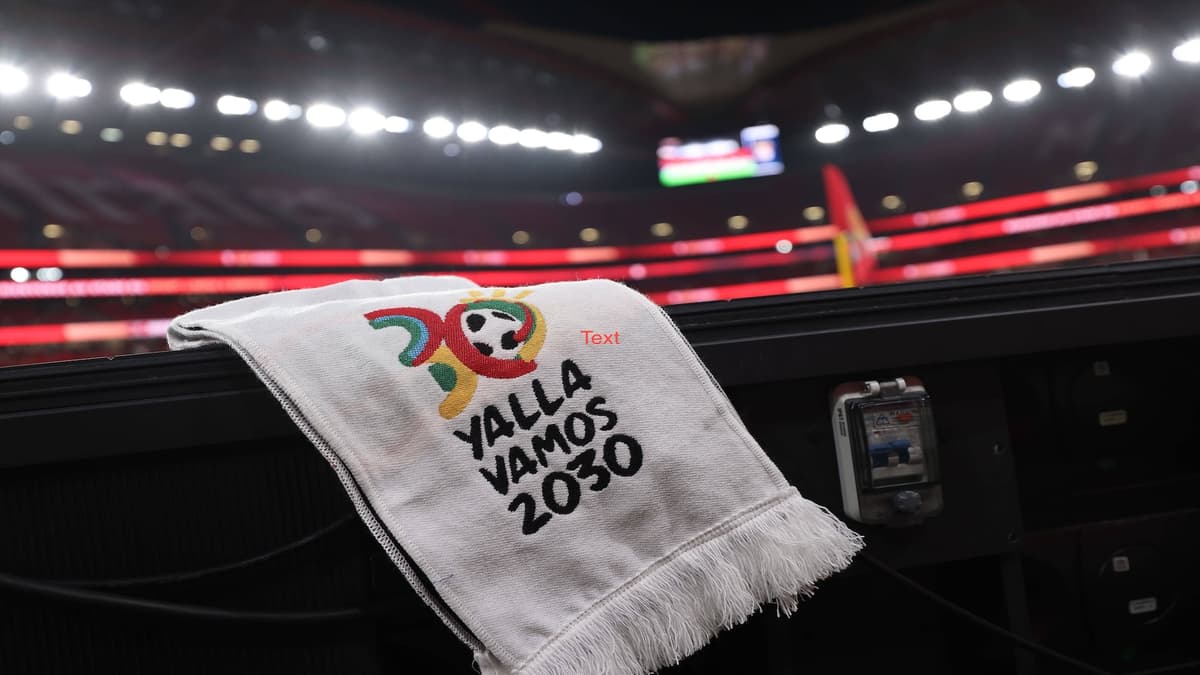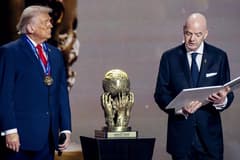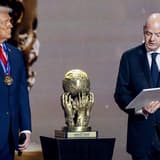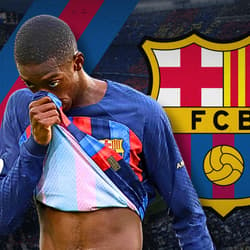-
Nieuws
- 11 hours ago
Protests in Morocco turn violent amid 2030 World Cup controversy

There have been disturbances, riots and protests in Morocco over the last few days due to the 2030 World Cup.
But why?
On 11 December, 2024, it was officially announced that the 2030 World Cup would take place in Spain, Portugal and Morocco.
It was the first time in history that a Northern African country was selected.
As 2030 will be the centenary celebration of the very first World Cup in 1930, special celebratory matches will also be held in Uruguay, Paraguay and Argentina.
Preparations are naturally already underway in Spain, Portugal and Morocco, but the African nation faces more of a task to be ready for the tournament as their European counterparts already have the infrastructure and stadiums in place as as a good starting point.
The 1982 World Cup was held in Spain, for example, while Portugal hosted the European Championships in 2004.
Morocco hosted the African Cup of Nations in 1988 and will do so again in 2025 as a show of stability ahead of the bigger tournament five years later.
Money is naturally being pumped into these preparations, and it is for that exact reason that young people are up in arms in the country.
For six straight days this week, anti-government protests have taken place in Morocco as 'Generation Z' rally against spending on luxuries like a World Cup while public services are being overlooked and and citizens are left in poverty.
Hospitals are allegedly at breaking point in terms of staff, resources and finances, and Moroccan citizens recently voiced outrage after eight women died in a hospital in Agadir due to the neglectful healthcare system.
According to Sogecpital Bestion, a major commercial bank, Morocco will spent between $5 billion and $6 billion on hosting the tournament, with plenty of the budget being spent on new stadiums.
Many of the protesters have chanted this week: “Stadiums are here, but where are the hospitals?”
The ire is not being directed at King Mohammed VI, but rather prime minister Aziz Akhannouch, one of Morocco’s richest people with an estimated fortune of $1.5bn, according to Forbes. Protestors have demanded his resignation.
Akhannouch said on Thursday he was “prepared to open a dialogue and debate within public institutions."
Health minister Amine Tahraoui proclaimed he would accelerate reforms “in order to guarantee people’s right to healthcare”.
Anger has mounted across the country and two people died in Leqliaa on Wednesday.
Morocco's state news agency, MAP, detailed that local authorities described the pair as "troublemakers" who were killed by police in self-defence.
MAP alleged that the pair attempted to steal weapons from the police, but there are no eyewitness confirmations of this.
The leaderless protest group, which calls itself Gen Z 212, arranged the demonstrations via Discord and a message of peace was posted on that service that also lambasted “repressive security approaches.”
“The right to health, education and a dignified life is not an empty slogan but a serious demand,” the organisers said.
Amnesty International also released a statement about the violence which read: “With protests scheduled to continue, we urge authorities to engage with the legitimate demands of the youth for their social, economic, and cultural rights and to address their concerns about corruption."
Arrests and injuries are now in the thousands and there doesn't seem to be a direct solution currently, with protesters demanding an end to alleged corruption and government officials dismissing the protestors as thugs.
Those government officials have denied prioritising World Cup spending over public services, saying problems facing hospitals and the health service infrastructure were inherited from the previous government.
The emergence of Discord as the communication tool of choice echoes similar situations in Nepal, Kenya and Madagascar where protests and riots have took place, with young people also angered at the lack of investment in public services compared to other government-sponsored investments.



















